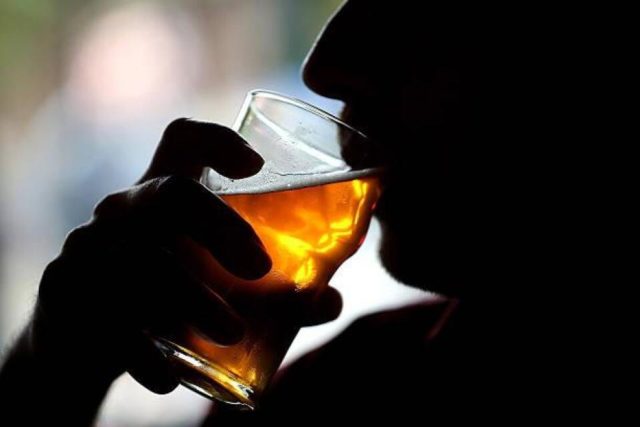A consortium of Liquor Trader Associations is recommending that township taverns be permitted to operate as sanitary, off-site liquor sales points.
FOLLOWING the announcement by President Cyril Ramaphosa that alcohol will be sold under level 3 of the lockdown, a consortium of Liquor Trader Associations, made up of associations of township-based taverns and shebeens representing more than 50 000 members countrywide, is recommending that township taverns be permitted to operate as sanitary, off-site liquor sales points, to assist in enabling alcohol sales within townships.
“The aim of this recommendation is to lessen the risk of customers overcrowding township retail outlets, reduce the need for travel to purchase alcohol and reactivating a large proportion of the township economy,” representative of the consortium and President of the National Liquor Forum, Winston Hector, said.
He said with between 80% and 90% of alcohol sales in townships being driven by taverns and shebeens, only allowing alcohol retailers to open on level 3 would result in limited sales points, which were often located on the outskirts of townships.
“These points will be inundated with customers eager to purchase. This mass descent on very limited stockists will result in non-adherence to social distancing measures and will no doubt undo much of the good work being done by government in its attempts to curb the spread of Covid-19 within townships,” he added.
The consortium supports limited hours and daytime sales, but believes that without tavern sales, members of the public will resort to travelling further distances and will put themselves as risk by using public transport in their attempts to try to reach outlets. This is also problematic as alcohol is not permitted on public transport.
Beyond the impact of limited outlets on virus spread, the consortium is also alarmed by the huge financial consequences brought about by the lack of shebeen and tavern sales on the permit holders and operators and their staff. Each tavern usually supports numerous families and provides a vital cash flow into the local community.
According to Hector, as the industry has not been permitted to operate for almost two months, this sector of the township economy has already been severely impacted.
“Our members have not been able to pay wages to their employees and to service other operating expenses in their businesses. Should the sale of alcohol continue to be suspended, many of our members many never recover post lockdown.
“We are committed to working with our government in combating the scourge and associated stigma associated with Covid-19. Our 50 000 members and 16 000 shebeen permit holders are responsible liquor traders and operate according to their own code of conduct and under applicable liquor laws and regulations.
“Our members are often small to medium-family owned businesses employing at least two people within the communities in which they operate. Our industry, the township liquor market, is one of the oldest entrepreneurial activities of the ‘township economy’. Consequently, it has fed and educated families for years. It is a market synonymous to the resilient spirit of the township people, having survived prohibition regulations developed and implemented by the apartheid government,” he said.
Winston said they have put forward the request to achieve a proper balance between the interests of their members and the need to prevent or alleviate the spread of the virus as aptly led by government.
“We need this industry to continue to support and feed our families, educate our children and develop the next generation of business leaders, entrepreneurs, doctors, and nurses – many of whom our businesses have afforded us the opportunity to educate,” he said.
Some of the additional representations and comments made by the body include:
– Commitment to work with the SAPS to ensure that our customers and the community comply with the lockdown regulations and social distancing measures, which will be in place in their outlets. In addition, members commit to trade responsibly during this sensitive time.
– The members have also agreed to make available their places of trading (taverns) to government to use for community screening and testing of Covid-19 and for government to distribute educational material on Covid-19 and humanitarian aid to the community or any other use the government might deem fit in winning the fight against the invisible enemy.
– Working with the manufacturers in the industry through the Beer Association of SA (Basa) and the SA Liquor Brand Owners Association (Salba) to implement a “click and collect” tool, which will ensure that social distancing is adhered to, as people will not be queuing to purchase.
– In addition, various alcohol bodies including Basa, Salba, and Industry Association for Alcohol Education and Responsibility (Aware.org) will provide support to members with training on how to maintain health and safety protocols for Covid-19 in their businesses and on the lockdown requirements for compliance, as well as free supply of personal protective equipment packages, including sanitisers, masks and gloves.
IOL








